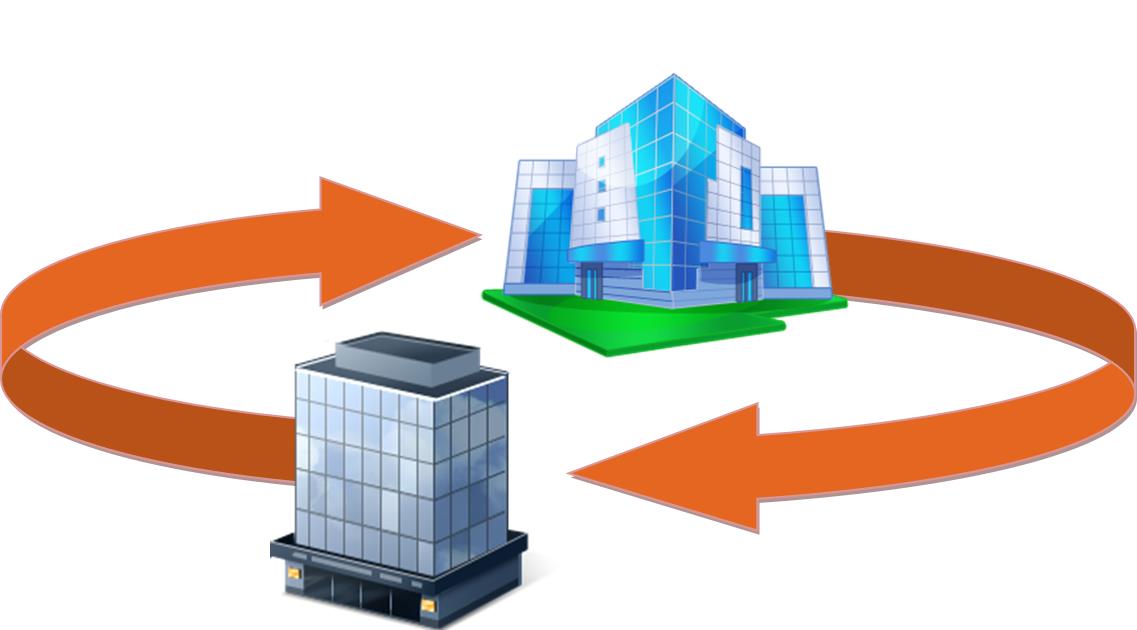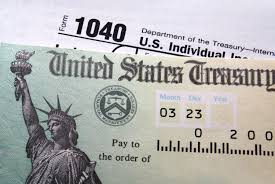A Better Understanding of UBIT & UDFI
October 8, 2020
Workshop | 2022-2023 State of the Union for Real Estate Investors & Entrepreneurs | September 21st @ 1:00 p.m. EDT
X

Choose an account type
October 7, 2019

When it comes to investing, everyone looks for an angle – a way to “beat the market” and get sizable returns with little risk.
Unfortunately, with publically traded stocks and bonds, there is never an opportunity to make a purchase at a discount, below market, or at wholesale. Of the almost $7 trillion in IRAs, almost all investors chose to invest in lockstep based on advice from paid advisors, money managers, or through personal research. The fact that you are interested in notes, purchased at a discount, provides a great deal of separation from the masses.
Continue reading…March 1, 2019

There are several common misconceptions about the Internal Revenue Code 1031 exchange process. To keep investors on the right track and focused on what is important to that investor, let’s clear up a few of these most common misconceptions:
Misconception #1: To execute a 1031 exchange the investor may only file a form with the IRS and as long as the seller doesn’t utilize, spend or touch the proceeds from the sale of the property they are relinquishing, the investor can perform an exchange at any time.
Wrong! THIS IS FALSE. The investor may not have actual nor constructive receipt of the sale proceeds. This action will trigger a taxable event. Investors need to use a special non-related “middleman” called a Qualified Intermediary [“QI”] or Accommodator who is required to hold the sale proceeds for them and who then uses those proceeds to buy any replacement property at their express direction. Once the sale of the property the investor is relinquishing closes, funds must be directed to the investor’s QI until the purchase or “up-leg” portion of the exchange is completed.
February 5, 2019

Government policies have a strong influence on the economy and markets. Those policies can accomplish both their intended results, but also create unintended consequences. The specific government policies that we are referring to include zero interest rates, quantitative easing, excessive growth of government spending in excess of tax collections and GDP growth, tax cuts, tariffs, and restrictions on foreign governments. All of these policies may have good intentions but they do not occur in a vacuum. We believe there are three unintended or ignored consequences:
November 29, 2018

Roth 101 – The Basics of Conversion
When the Roth IRA was created in 1997, it was a small footnote in the world of Pensions and 401(k)’s. Fast forward 20 years, and the Roth is on everyone’s mind. The big question; Should I CONVERT my Traditional IRA to a Roth?
There are 3 main questions to ask yourself about conversion.
October 2, 2018
When considering yearly income taxes, many enjoy the benefits of a traditional IRA or any pretax retirement account, largely because they are able to deduct the contribution on their tax return. This is part of a strategy used to secure a lower tax bracket. However, investors that self-direct often enjoy large gains making the Roth IRA their #1 choice – and for a very good reason.
When you contribute to a Roth, you pay taxes up front. You might be asking yourself, “What’s so great about paying taxes up front when you can’t deduct your contribution from your taxable income that year?” Well, when you pay the IRS up front, that’s it, they don’t get anything else. Yes, it’s true. That means no capital gains tax, and no forced distribution at any age. You can buy and sell stocks, bonds, real estate, crypto currency, precious metals, etc. all inside your Roth IRA. This leads to increasing your wealth, year after year, without owing any additional taxes.
Let that sink in for a second.